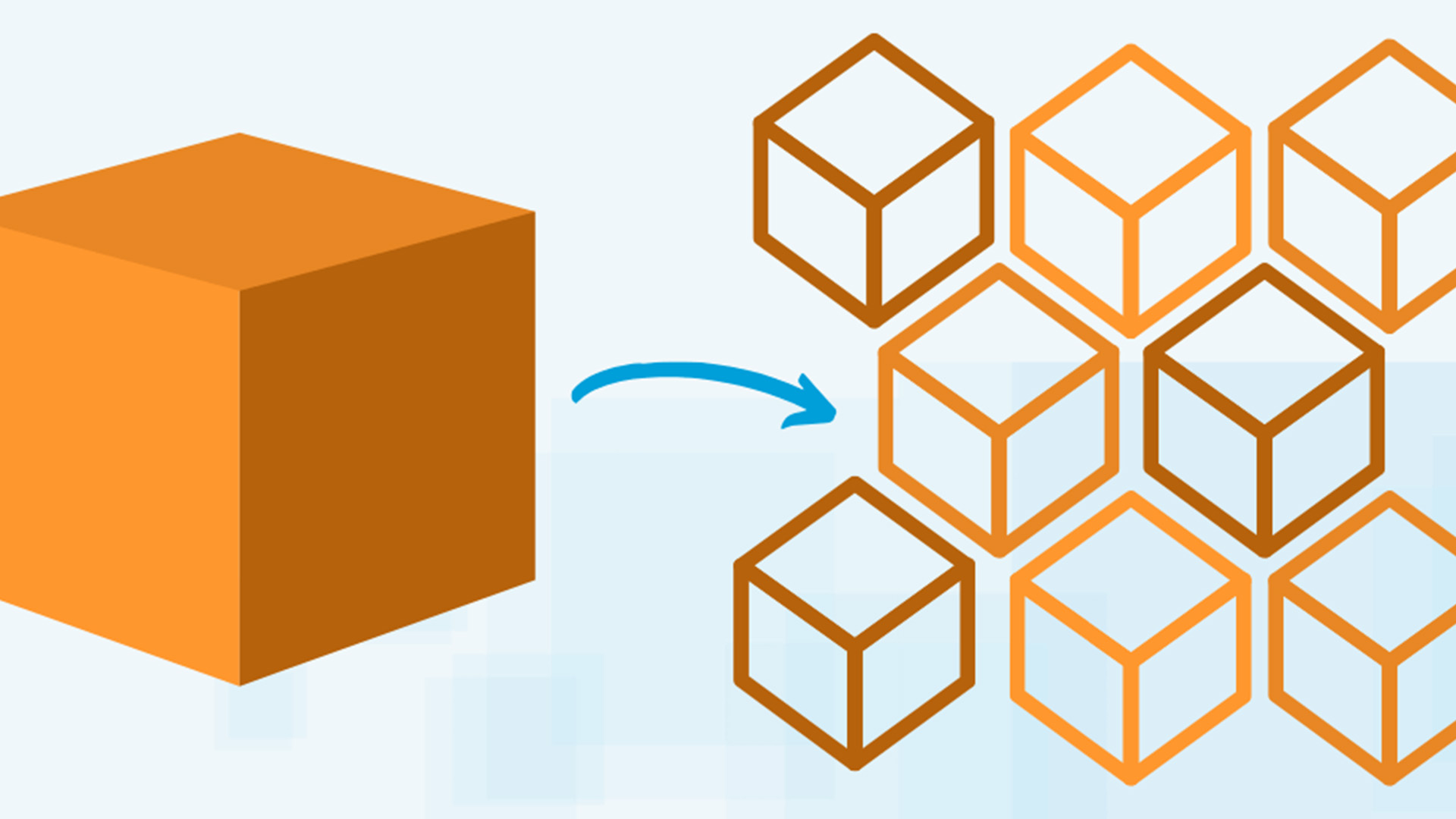Why we use SOLID principles in software industry

SOLID principles are a set of five design principles that are used in software development to create more maintainable and flexible code. The principles were first introduced by Robert C. Martin in his 2000 paper, "Design Principles and Design Patterns", and have since become a cornerstone of software engineering practices. In this blog post, we'll explore why we use SOLID principles in the software industry, and what benefits they provide.
- Single Responsibility Principle (SRP):
The SRP states that a class should have only one reason to change. By having a single responsibility, a class is more modular and easier to maintain. This principle also promotes code reusability and testability, as a class that has a single responsibility can be easily integrated into other parts of the code. - Open/Closed Principle (OCP):
The OCP states that a class should be open for extension but closed for modification. This means that you should be able to add new functionality to a class without changing its existing code. By following this principle, you can avoid introducing bugs into your codebase, as well as make your code more flexible and adaptable to changing requirements. - Liskov Substitution Principle (LSP):
The LSP states that a derived class should be able to be substituted for its base class without affecting the correctness of the program. This principle promotes code reuse and abstraction, as it allows you to write generic code that can work with any derived class that adheres to the same interface. - Interface Segregation Principle (ISP):
The ISP states that a client should not be forced to depend on methods it does not use. By breaking up large interfaces into smaller, more specific ones, you can create more cohesive and maintainable code. This principle also promotes the separation of concerns, as you can group related methods into their own interfaces. - Dependency Inversion Principle (DIP):
The DIP states that high-level modules should not depend on low-level modules, but instead on abstractions. By depending on abstractions rather than concrete implementations, you can create more flexible and reusable code. This principle also promotes the use of interfaces, as they provide a common contract between different parts of your code.
Conclusion:
In summary, the SOLID principles provide a set of guidelines that can help you write better, more maintainable code. By adhering to these principles, you can create code that is more modular, flexible, and testable, while also promoting code reuse and abstraction. While these principles may require some additional effort upfront, the long-term benefits they provide make them a worthwhile investment for any software project.
-Shukan Shah [Founder & CEO]
Shah Infotechs